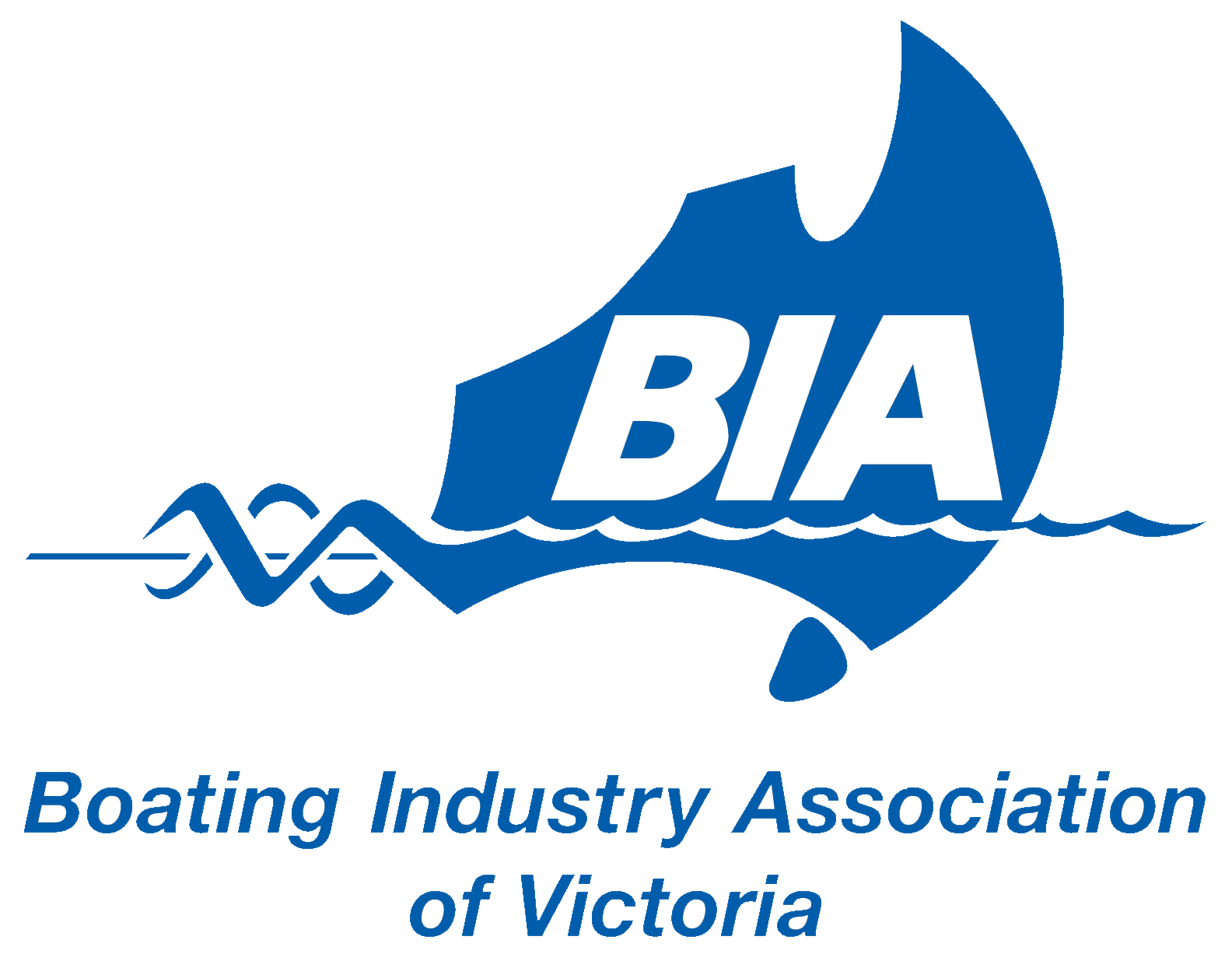Position Statement
Powered Watercraft and Area Bans
DATE
August 2019
OUTLINE
In January 2019 Maritime Safety Victoria presented BIAV and stakeholders with a proposal to trial ‘No PWC’ areas across Eastern Port Phillip Bay
Maritime Safety Victoria Justification:
Parks Victoria have noted congestion at both Safety Beach [Dromana] and Rye
MSV and Water Police have found that shared zones are difficult to enforce and that behaviour generally improves when they appear and deteriorates once they leave
The 3 most common PWC infringements issued by Water Police last season were for speed and distance, safety equipment and licencing
Infringements issued last season were primarily for speeding within 50 meters of another vessel and within 200m of the water’s edge
BIAV POSITION/ACTIONS
Our PWC position, that we’ve arrived at thanks to all of the dialogue, emails and meetings with TSV and other stakeholders this year, includes –
Support for more education, awareness, signage and e-comms around behaviour, compliance, rules, safety etc
Return of a funded Courtesy Rider program.
Proper implementation of the current laws, including more patrols, better coverage, camera usage, and using the current hoon laws.
Making a visible example of any serious offender/s.
Not to implement the previously proposed zone program that Mornington Council campaigned for.
Support for the concept of trialling the Irregular Rider rule.
Acknowledgement that there is currently no solid safety case that stacks up against PWCs and in fact it is at the safer end of sport/rec/adventure/boating activities when it comes to deaths, hospitalisations, serious incidents and even infringements.
The BIAV regard the following starting points in any discussion for a regulatory response to Powered Watercraft on Victorian waters -
PWC’s are a vessel and not a distinct sub-class
Any regulatory burden must be evidence based
BIAV analysed the data provided by MSV and are of the opinion that the proposed area bans are not justified on the grounds provided by the regulator.
BIAV analysis of available Compliance and enforcement data shows that the vast majority of “the 3 most common PWC infringements issued by Water Police last season” were for groups of PWC users operating next to each other (>5kts within 50m of a vessel), flat torch batteries (safety equipment) and licencing (forgot to carry licence).
BIAV analysis of Fatality, Incident and Injury data likewise showed that PWC operations on Victorian State waters had a very low rate of incidents [compared to the whole recreational fleet] and less injuries per participant than Table Tennis.
Over the past decade there have been 2 fatalities attributed to PWC operations. One involved criminal negligence and the other a medical issue.
The BIAV feel that PWC regulation is being promoted for amenity reasons. When combined with our data analysis the BIAV has rejected the area ban proposal.
